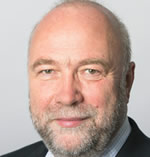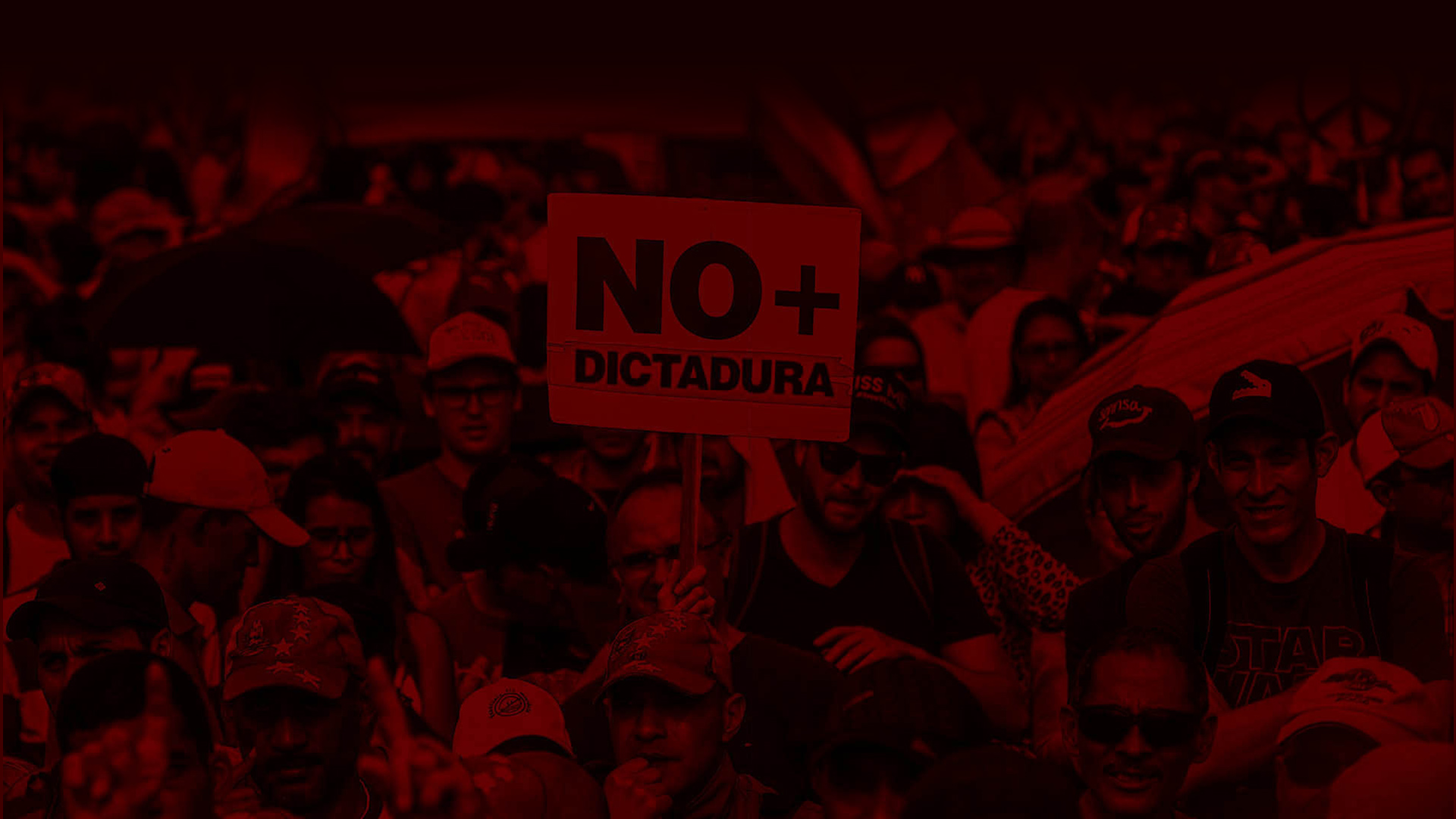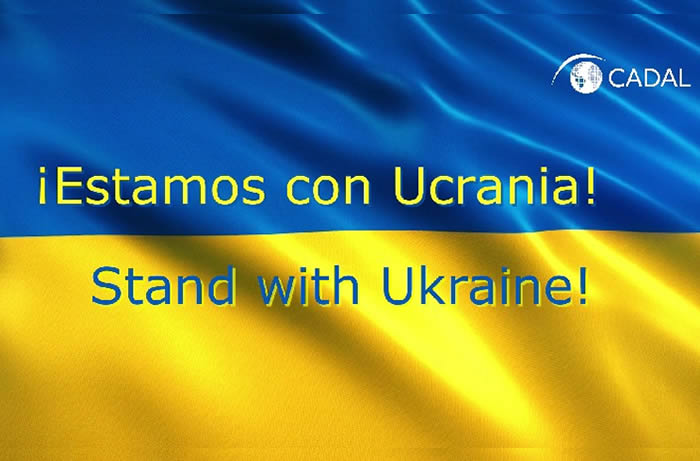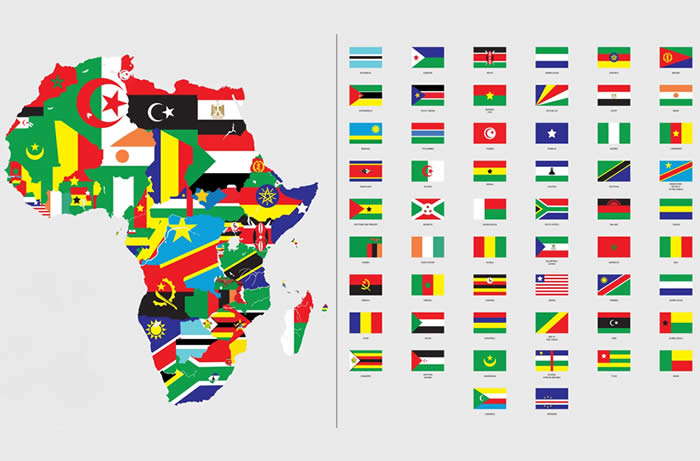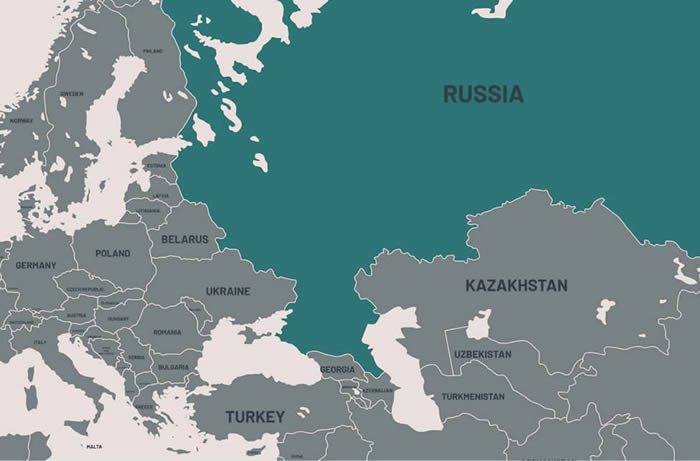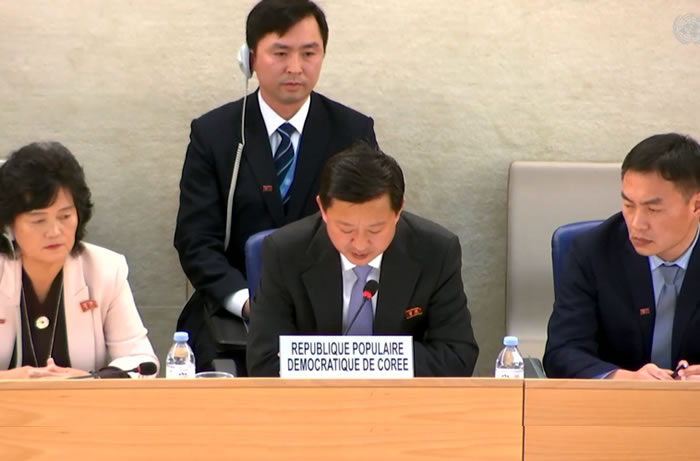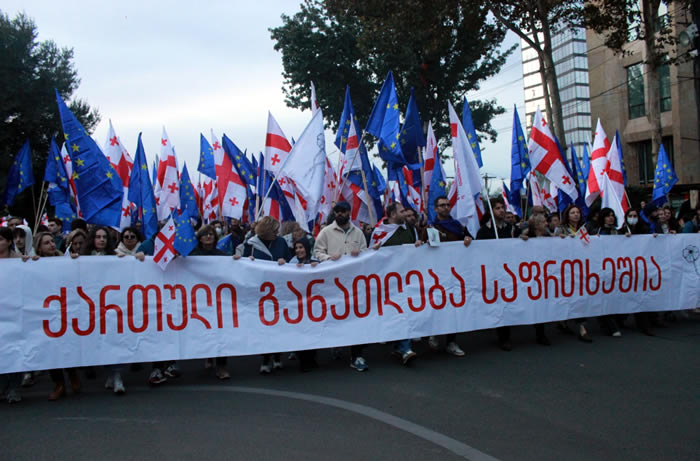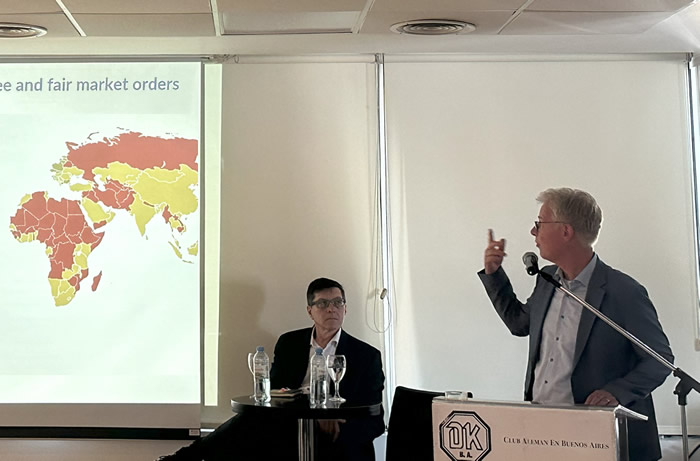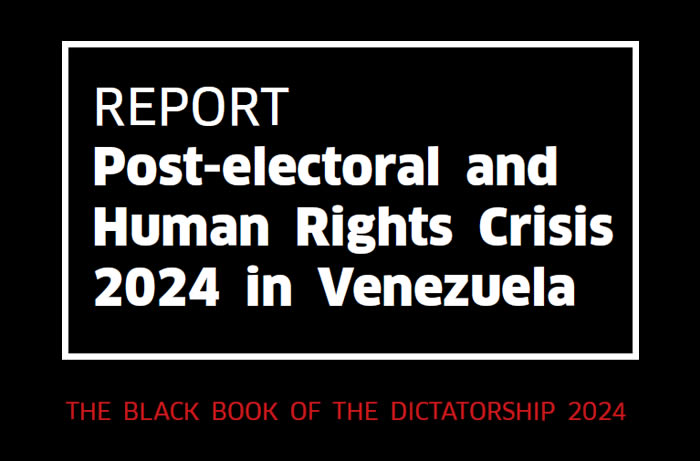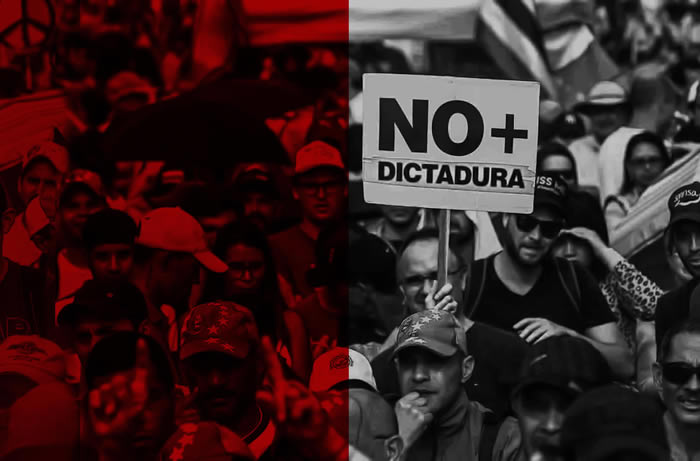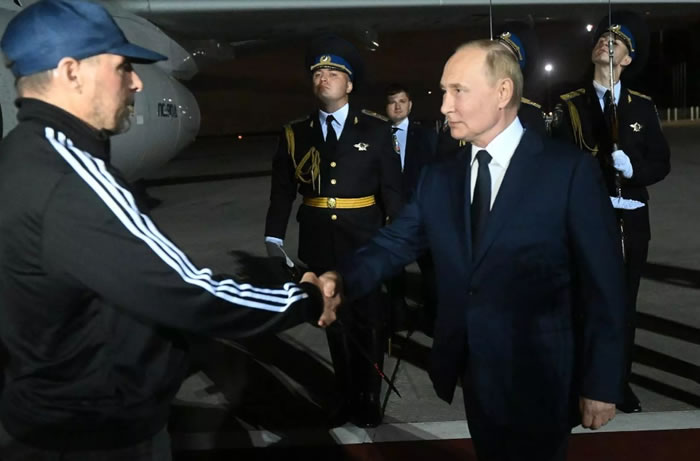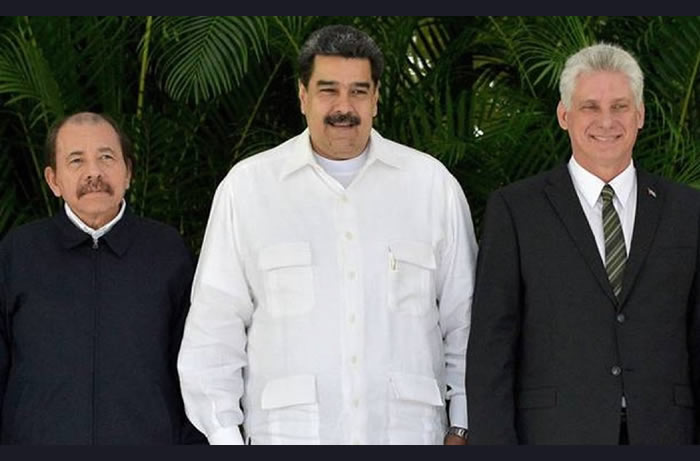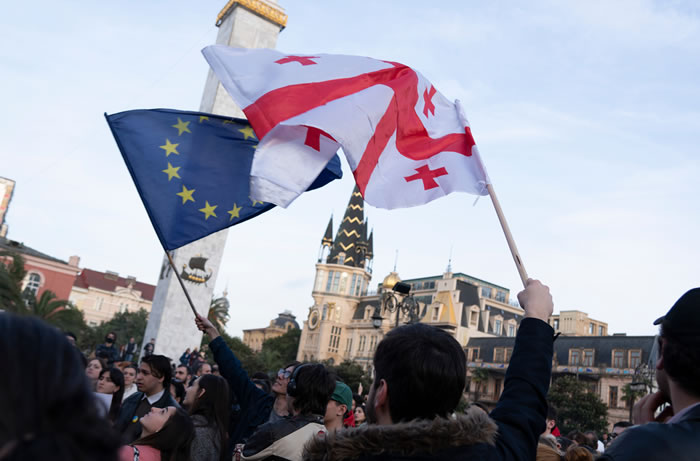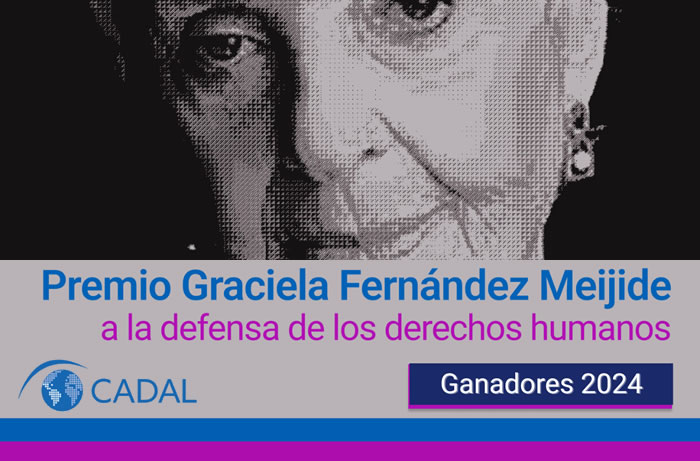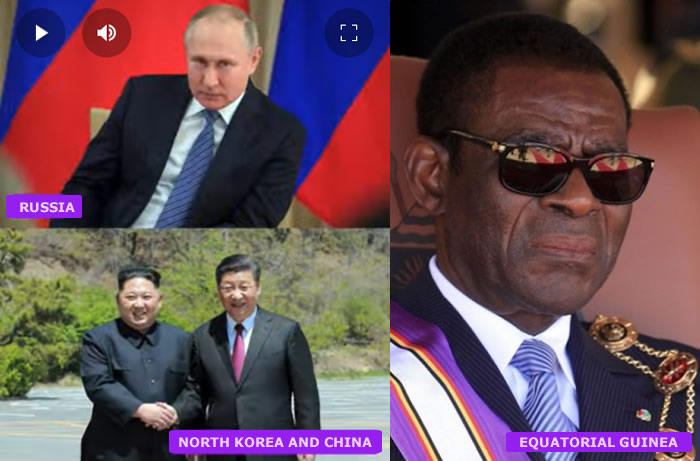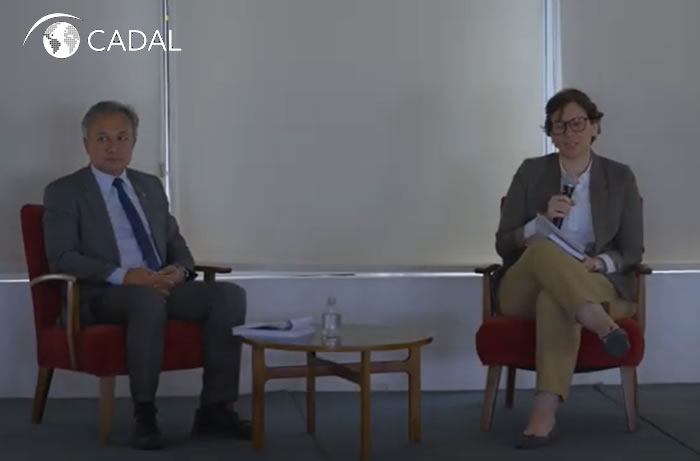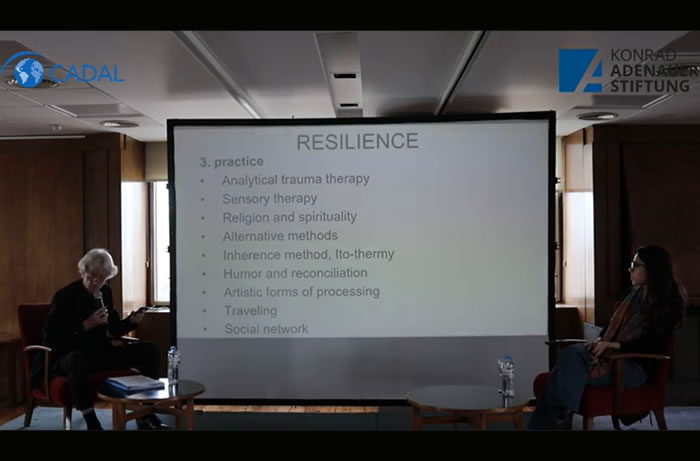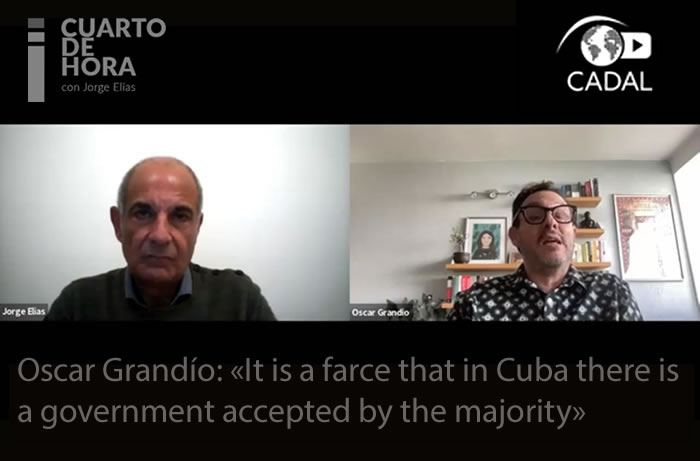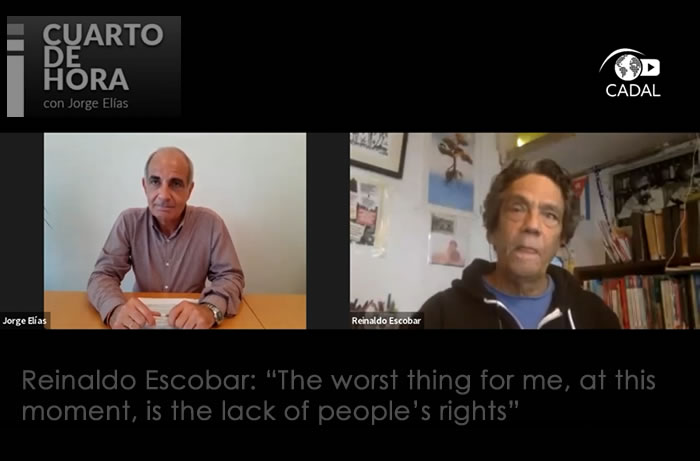documents
International Relations and Human Rights Observatory
Human Rights before and after the fall of the Berlin Wall
The historical framework. Human rights in a communist dictatorship. The Peaceful Revolution in Autumn 1989 and German Unity on 3 October 19904. The complexity of the world in 2016. The role of human rights today. Basic principles of human rights policy in Europe.
By Günter Nooke
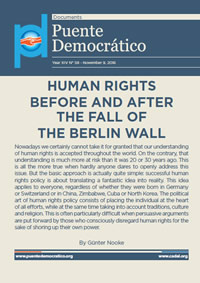 Nowadays we certainly cannot take it for granted that our understanding of human rights is accepted throughout the world. On the contrary, that understanding is much more at risk than it was 20 or 30 years ago.
Nowadays we certainly cannot take it for granted that our understanding of human rights is accepted throughout the world. On the contrary, that understanding is much more at risk than it was 20 or 30 years ago.
This is all the more true when hardly anyone dares to openly address this issue. But the basic approach is actually quite simple: successful human rights policy is about translating a fantastic idea into reality.
This idea applies to everyone, regardless of whether they were born in Germany or Switzerland or in China, Zimbabwe, Cuba or North Korea. The political art of human rights policy consists of placing the individual at the heart of all efforts, while at the same time taking into account traditions, culture and religion.
This is often particularly difficult when persuasive arguments are put forward by those who consciously disregard human rights for the sake of shoring up their own power.
By Günter Nooke
